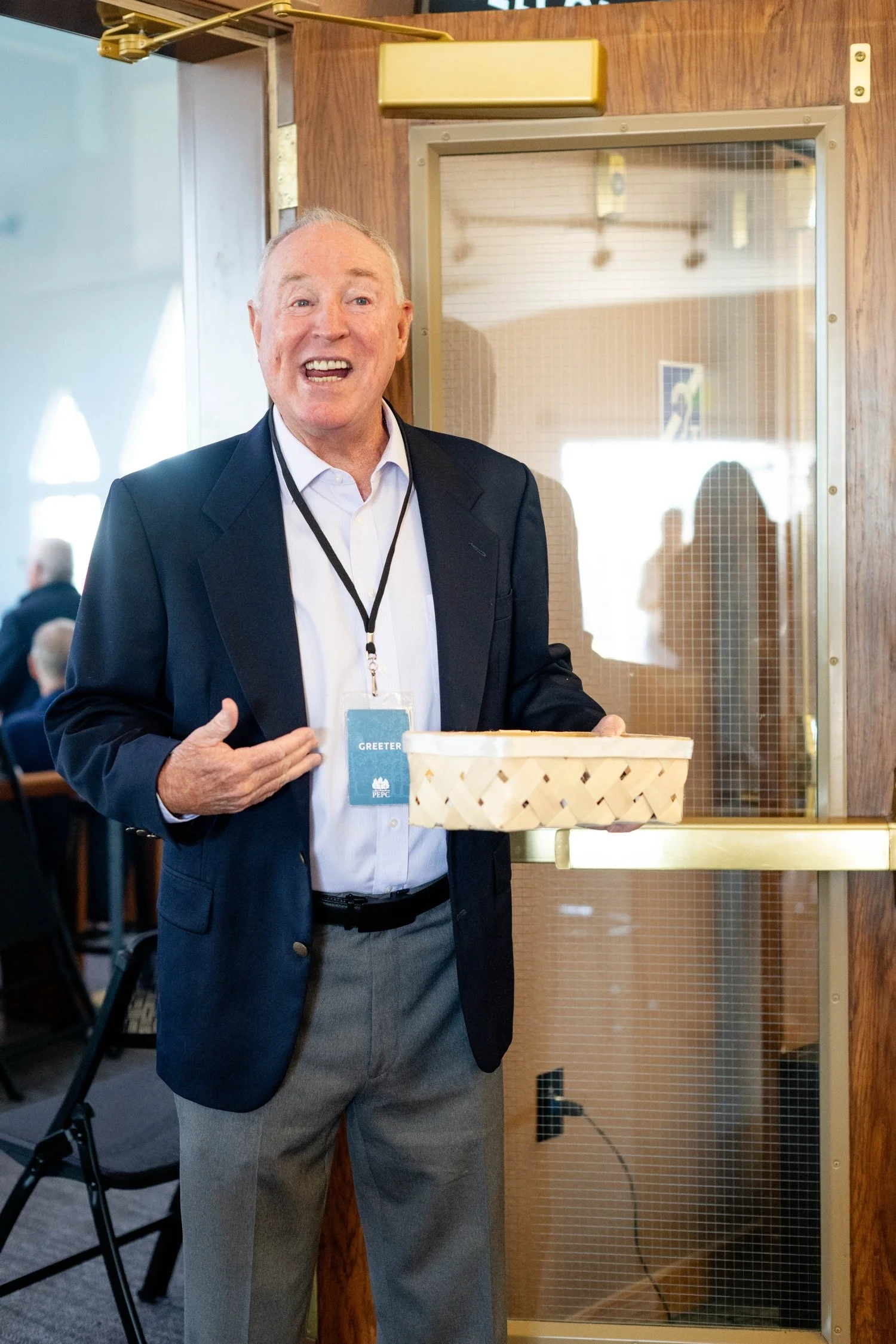Readings for today: 1 Kings 4-7, Psalms 95
Whose house are you building? Are you seeking to build God’s house or your own? Where do you spend most of your time, attention, and resources? Today’s reading challenges us. It presents a comparison between God’s house and Solomon’s house and forces us to come to ask some tough questions about our own lives as well.
No doubt, Solomon fulfilled his father’s dream and built a magnificent Temple for the Lord. The project took seven years and took up a great deal of Solomon’s time, energy, and resources. Several chapters are dedicated in the books of Kings and Chronicles to the Temple construction and the general consensus is that Solomon completed his task with excellence, building a house worthy of the Lord. At the same time, Scripture draws some important comparisons between the house built for the Lord and the house Solomon built for himself by laying these chapters side by side. Yes, Solomon took seven years to build God’s house but he took thirteen to build his own. Yes, God’s house was large, measuring some 90 feet long, 30 feet wide, and 45 feet high. However, Solomon’s house was even bigger and more grand, measuring 150 feet long, 75 feet wide, and 45 feet high. Each house was built of costly trimmed and dressed stone and covered in cedar beams. We know each building contained all kinds of gold and precious stones but once again, it seems Solomon used the bulk of his wealth on his own home. This suggests that for all of Solomon’s devotion to the work of temple building, he was more devoted to his own glory than he was to the glory of the Lord.
Like Solomon, we too can become distracted and focus more on our own concerns than that of the Lord and His will for our lives. We can put more energy and time into our own pursuits than into worshipping and serving God. We can treat God as one priority among many rather than the first and most important priority of our lives. So, again, let me press the question. As you think about where you spend your time, energy, wealth, and resources…whose house are you building? Who is getting the bulk of your attention? Are you seeking first the Kingdom of God for your life or are you seeking your own kingdom?
Readings for tomorrow: 1 Kings 8-10, Psalms 96




